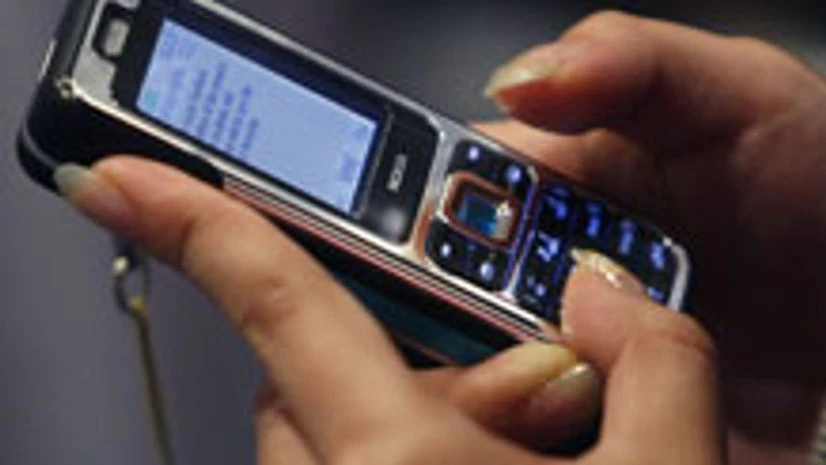The share of short message service (SMS) in telecom companies' revenues has been cannibalised by instant messaging applications.
Whatsapp, Blackberry Messenger, WeChat, Line, Nimbuzz and Hike provide better and cheaper text messaging options and the contribution of SMS has dropped to about five per cent of cellular operators' total revenue at the end of March 2014. A few quarters ago, Indian telecom companies earned around 10 per cent of their revenues from SMS.
Industry experts said the revenue from SMS could have been much lower during January-March 2014 but for the general election that pushed up text messaging.
More From This Section
"Operators need to develop strategies to cover possible losses. Once 3G (third-generation cellular) services take off, data will contribute much more," Piyush Choudhary, analyst with CIMB, said in a recent report. Data users in India are expected to reach 350 million by 2015-16, a jump to 34 per cent of all cellphone subscribers from the current 19 per cent.
During 2013-14, the country's largest mobile operator by subscribers, Bharti Airtel, reported a drop of 4.5 percentage points in revenue from messaging and value-added services. Its revenue from these streams was 5.6 per cent of overall mobile revenue and down from 9.1 per cent 2012-13. Over the period, data as a percentage of Bharti Airtel's mobile revenue almost doubled to 11.1 per cent from 6.5 per cent.
Vodafone reported Rs 1,166 crore in messaging revenue in 2013-14, a 12.7 per cent dip from Rs 1,336 crore a year ago. Its revenue from data services grew 41 per cent over the year. Idea Cellular's revenue share from non-data value-added services dropped 2.2 percentage points in January-March 2014 from the same quarter of the previous year. A study by mobile communications research firm Ovum estimates SMS growth rates fell from 14 per cent in 2011 to 8 per cent in 2013 and by 2015 revenues will plateau. It reckons new messaging platforms will cost telecom operators $54 bn in revenues by 2016.
According to Rajan Mathews, director-general of the Cellular Operators' Association of India, only 30 per cent of mobile subscribers use SMS. Language restraints and regulatory restrictions had contributed to this shift in preference, he added.
Telecom companies, on their part, have tied up with applications providers like WhatsApp, Line, WeChat and BBM to offer cheap monthly plans targeting college students. US-based WhatsApp has around 40 million active users in India out of its 430 million users globally. While China's WeChat declined to give details of how many users it had in India, an insiders said the number was close to 30 million. Nielsen Informate Mobile Insights estimates 86 per cent of Indian smartphone users chatted on instant messaging applications in November 2013, up from 70 per cent in November 2012.

)
